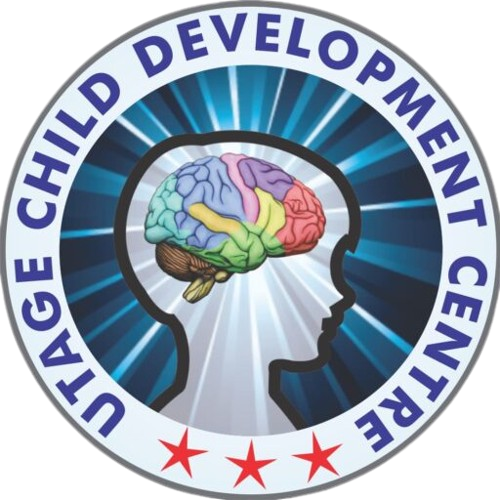Many parents worry when their child struggles in school. Dyslexia vs dyscalculia is a common topic for families seeking answers. Both are learning disabilities in children, but they affect different skills. Knowing the differences helps parents and caregivers find the right support. Early understanding can make a big difference in a child’s life.
What is Dyslexia?
Dyslexia is a learning disability that affects reading and writing. Children with dyslexia have trouble matching letters to sounds. As a result, they may read slowly or mix up words. According to the CDC, dyslexia is not linked to intelligence. Many children with dyslexia are smart and creative. However, they may need extra help with reading tasks.
What is Dyscalculia?
Dyscalculia is a learning disability that affects math skills. Children with dyscalculia struggle to understand numbers and math facts. For example, they may have trouble counting, adding, or telling time. The WHO notes that dyscalculia is not caused by poor teaching or lack of effort. Instead, it is a brain-based difference in how numbers are processed.
Key Differences Between Dyslexia and Dyscalculia
Symptoms and Warning Signs
It is important to spot early signs of learning disabilities in children. While symptoms can vary, some common warning signs include:
Diagnosis and Assessment
Early diagnosis is key for helping children succeed. If you notice warning signs, talk to your child’s teacher or doctor. They may suggest a full assessment. This often includes:
Specialists use these tools to find out if your child has dyslexia or dyscalculia. The CDC and WHO recommend early screening for best results.
Treatment and Support Strategies
With the right support, children with learning disabilities can thrive. Treatment plans depend on the child’s needs. Some helpful strategies include:
Teachers and parents should work together to create a support plan. According to experts, early help leads to better outcomes.
Tips for Parents and Caregivers
Supporting a child with dyslexia or dyscalculia can feel overwhelming. However, there are many ways to help:
Remember, every child learns at their own pace. With support, your child can build confidence and skills.
Prevention and Early Intervention
While you cannot always prevent learning disabilities, early intervention makes a big difference. For example, reading to your child daily helps build strong language skills. Playing number games can boost math confidence. If you notice any warning signs, seek help early. The sooner a child gets support, the better their chances for success.
In summary, understanding dyslexia vs. dyscalculia helps parents and caregivers find the right support. If you have concerns, consult a pediatric specialist at Utage Child Development in Hyderabad for personalized guidance on dyslexia or dyscalculia.

